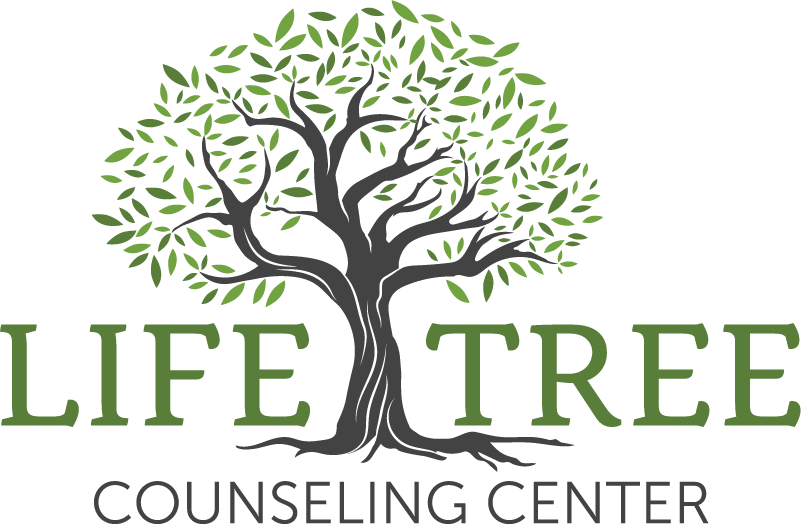Self-Care: What It Is, Why It Matters, and How to Practice It
By Lindsey Lehtinen, MS, LCSW
What Is Self-Care?
Self-care is the intentional act of prioritizing and engaging in activities that promote and maintain your physical, mental, emotional, and spiritual well-being. It’s not a luxury—it’s a necessity for a healthy, balanced life.
How Can Self-Care Benefit Me?
The benefits of self-care are far-reaching and deeply impactful. When practiced consistently, self-care can lead to:
Reduced stress
Improved mood
Increased self-esteem and confidence
Enhanced resilience
Better self-awareness
Stronger, healthier relationships
Improved sleep
Increased energy
A stronger immune system
Higher productivity
Reduced risk of burnout
Common Myths About Self-Care
❌ Myth: Self-Care Is Selfish
We’ve all heard the airplane analogy: “Put your own oxygen mask on first before helping others.” It’s not just good safety advice—it’s a reminder that we can’t care for others well if we’re depleted ourselves.
❌ Myth: Self-Care Is a One-Time Experience
Self-care isn’t something you do once and check off a list. It’s an ongoing commitment to daily practices that support your health and prevent burnout.
❌ Myth: Self-Care Takes Too Much Time
Self-care doesn’t require a full day at the spa. Small, intentional acts throughout your day—like stepping outside for fresh air or practicing a breathing exercise—can have a big impact.
How to Practice Self-Care
Try incorporating some of the following habits into your routine:
Engage in activities you enjoy: Reading, painting, walking, or anything that fills your cup. Make a list and schedule them regularly.
Practice mindfulness: Pay attention on purpose—notice what you see, hear, smell, touch, and taste. Try breathing exercises like 4-7-8 or box breathing.
Get enough sleep: Aim for 7–9 hours. Avoid screens at least 2 hours before bed and create a calming nighttime routine.
Connect with others: Social connection is vital for emotional health. Call a friend, video chat with family, or meet someone for coffee.
Set boundaries: Protect your energy by saying no to things that don’t align with your priorities.
Self-Care Ideas
Here are simple ways to start practicing self-care today:
Prioritize sleep
Get outside
Move your body
Hydrate
Practice mindfulness
Connect with others
Set boundaries
Ask for help
Journal or reflect
Practice gratitude
Listen to music
Take a hot shower
Create something
Pray or read the Bible
Attend a small group or Bible study
Take a nap
Play with your pet
Final Thought
Self-care isn’t selfish—it’s foundational. When you take care of yourself, you show up stronger, kinder, and more present in every area of your life.
Photo by Ben White on Unsplash
